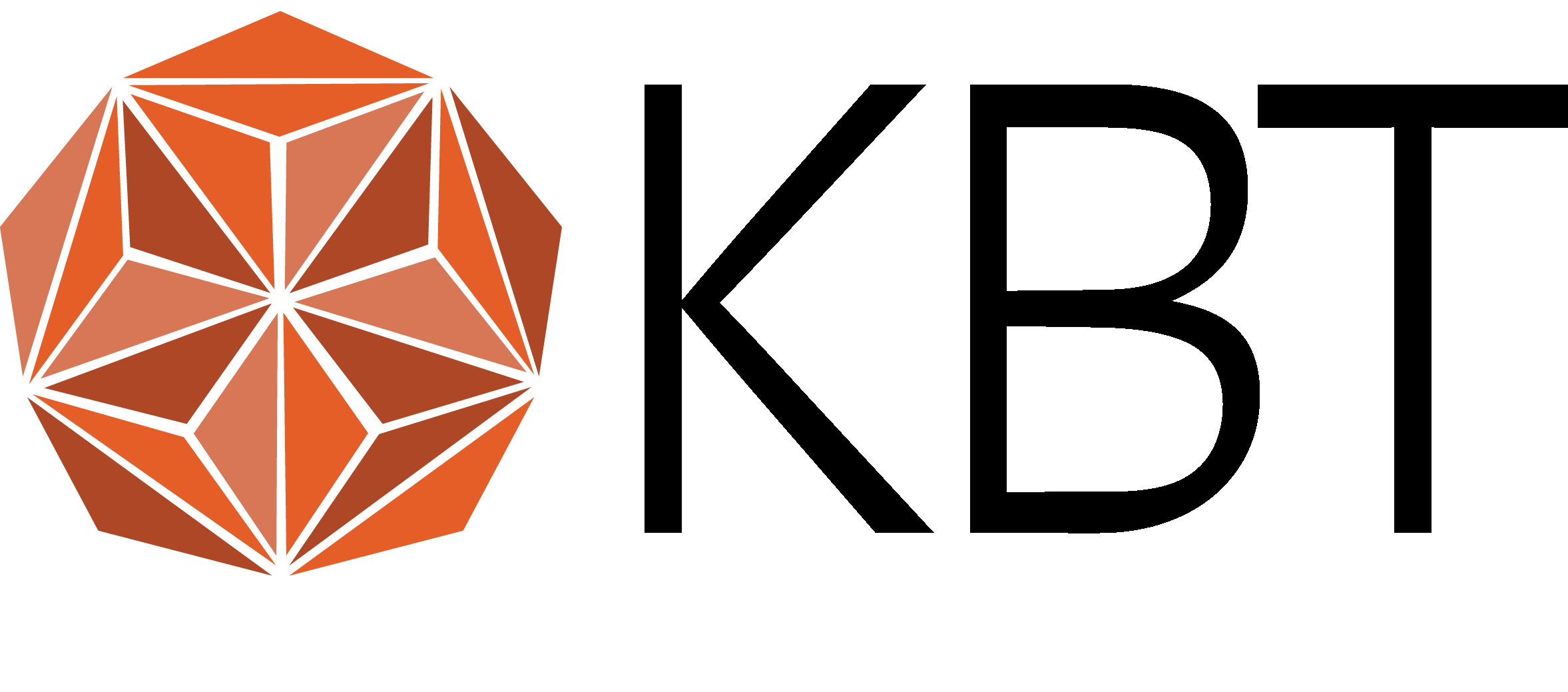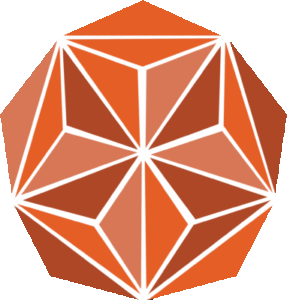The CHIME project – International collaboration with King’s College London
International cooperation agreement signed
We proudly announce that we are formally collaborating about the CHIME project with Dr Mary Leamy at King´s College London.
In this research project we aim to explore and enhance the value of using the CHIME framework, and recovery-thinking/principles for transforming recovery-orientation of organizations, and improving the mental health and well-being of citizens by identifying what works, for whom and in what circumstances.
Although recovery as a term, process and facilitation at the individual level is well known, there is still a lack of understanding about how this plays out at the system level. Our main goal with this project is to improve knowledge about recovery on the system level, how to implement, organize, and operate recovery-oriented services in Norway.
The CHIME-project reinforce the relationship between King´s College London and KBT
KBT has been cooperating with King´s College before. We believe that this project will strengthen the relationship between King´s College London and KBT.
-It’s great to re-establish and develop this cooperation. The academic profile at King´s College has a high international reputation, which gives the project a professional standard.
Initiator of the project, leader of the board at KBT, Karl Johan Johansen (picture)
The CHIME project summarized
- A literature study conducted by Dr. Mary Leamy and her colleagues at King´s College London
- A mixed method, case study design using document review, individual interviews and focus groups in three project sites in Norway: a recovery education centre, two recovery teams and a municipal recovery network. This will be supervised by our British partner.
- Communicating the research results to scientists, decision-makers and others.
We have now started recruiting participants for the project and the fieldwork. The preliminary plan is to complete this project in July 2021.
Background of the CHIME-project
The CHIME-framework is a conceptualized tool within personal recovery. Traditional mental health services focus on ‘clinical recovery’ and emphasize symptom reduction, yet there is a need to also develop ways of supporting people’s ‘personal recovery’, to help them have a life worth living, (without necessarily being symptom-free).
A key challenge is how to transform services and systems to achieve recovery-oriented outcomes. The concept of ‘recovery’ is well established in mental health system policy internationally. The World Health Organization Mental Health Action Plan 2013-2020 identifies the need for ‘a recovery-based approach that puts the emphasis on supporting individuals with mental disorders and psychosocial disabilities to achieve their own aspirations and goals’ (WHO, 2013).
In Norway, the national guidelines for mental health work recommend that key perspectives such as empowerment and recovery should characterize service performance, but CHIME is not specifically mentioned (Health Directorate, 2014, IS-2076, p.11). Although recovery orientation in the services has increased in Norway, there are major differences between the municipalities and between different parts of the services.
Some municipalities have created recovery teams and started to use the CHIME framework, however they still seem to be in an early stage. In a recent review, 74 percent of municipalities believe that the service offer is to a large or very large extent recovery-oriented, 25 percent believe that the service offer to some extent is recovery-oriented, while two percent of the municipalities believe the services are to a limited extent recovery-oriented. (Nordaunet 2019).
KBT and Recovery
KBT has been working with Recovery in numerous ways on several arenas for many years. One of our goals is to help service providers, service recipients and decision makers understand what recovery means and how a recovery process should be carried out.
KBT is part of the recovery HUB “Knutepunkt for recovery” together with other Regional user lead centers in Norway. KBT is also running a Recoverycenter and Recoveryschool (GLIMT recoverysenter). The center is building on the recovery model CHIME, where people with mental health challenges can build up a positive identity and join a welcoming social place.

